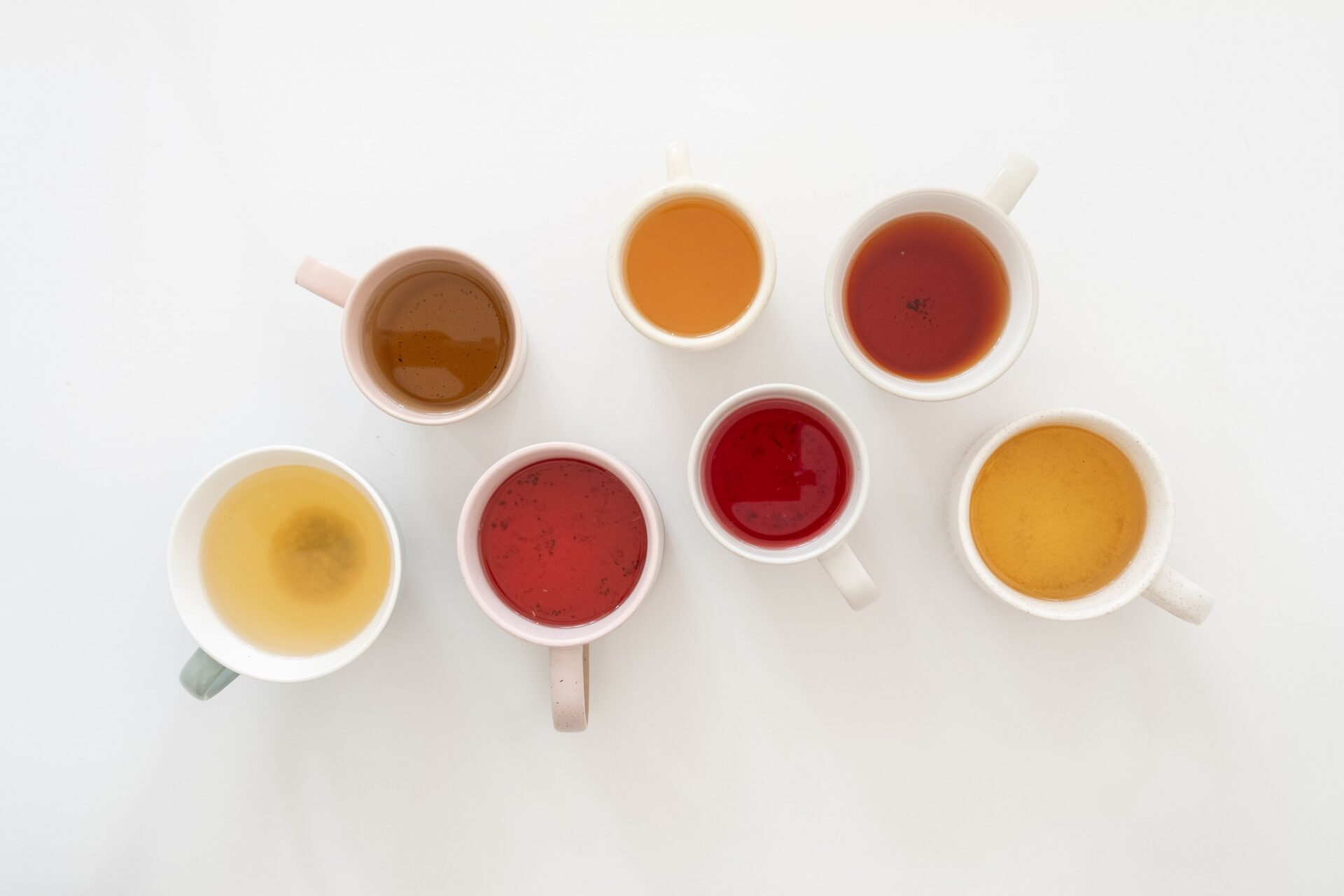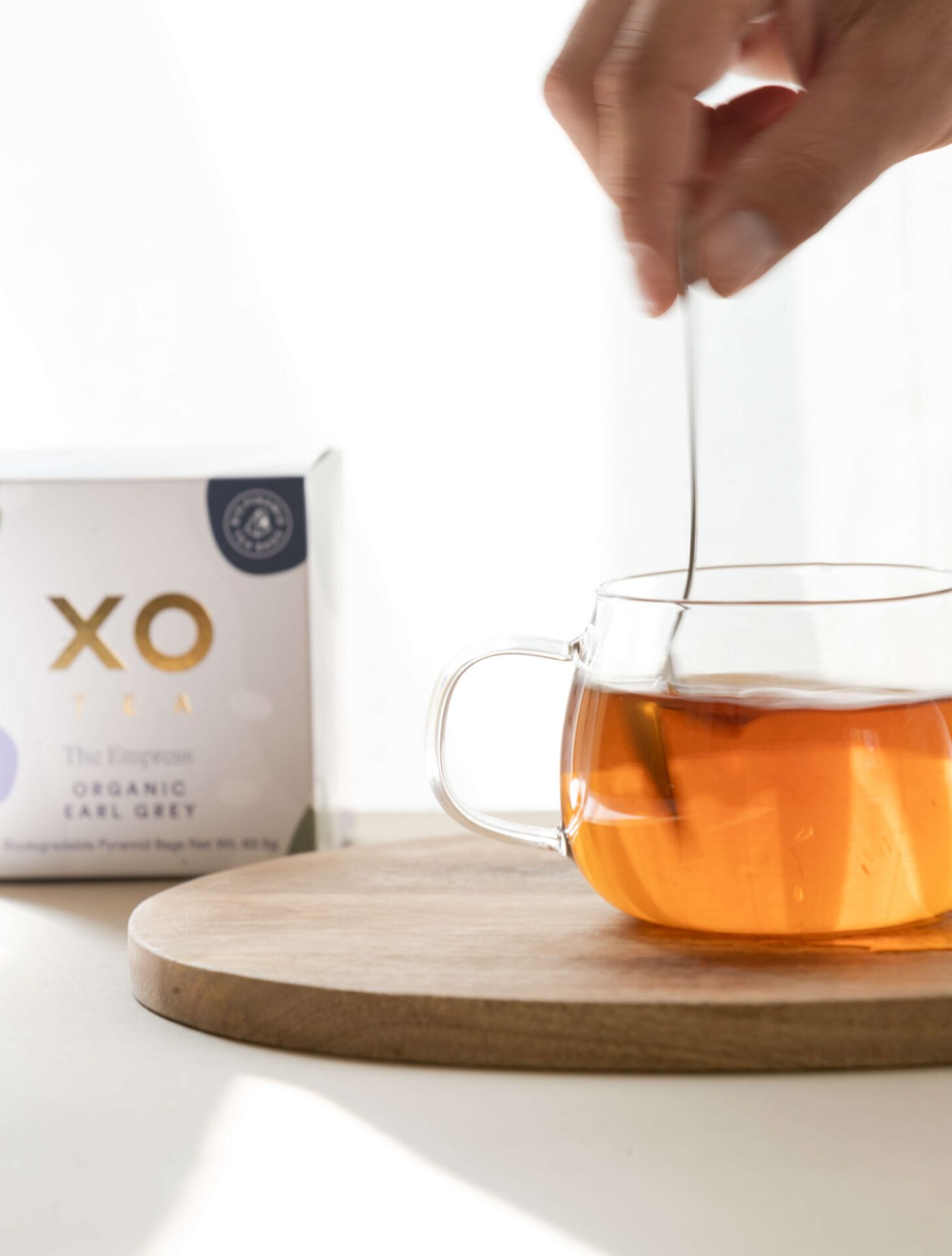Organic vs. Certified Organic: What's the Difference?

14th June 2021
Food producers love buzz words. Any sort of marketing angle that will give them an advantage over their competitors is always exploited. In the tea industry, no other term has been more exploited than ‘organic’.
As a business owner, when you decide to go down the path of organic certification it means you have committed your brand to operate and uphold an unwavering organic standard. In Australia, we have the ’National Standard for Organic and Bio-Dynamic Produce’ created by the department of Agriculture & Water Resources.
It’s the job of the private certifiers to audit and keep businesses like us accountable to this standard. You will know if a product is certified organic as the organic logo and certification number will be displayed on the physical package.

Certified organic growers (referring to our gardens) go through a rigorous audit procedure every year. Soil samples, ground water and fresh produce samples are testing for pesticide, herbicide residues, and heavy metals. The procedure further audits manufacturing and packing records, traceability, batch code records, plus handling and warehouse procedures to insure there is no contamination or misrepresentation of organic products.
It’s a lengthy process but necessary to insure that the standard is being met and no non-compliance events have occurred. On top of this, gardens and farms that are certified organic can have contamination events. Usually, this is not from direct spraying but rather from environmental factors like contaminated groundwater or pesticides being applied from neighbouring farms. In these instances, an investigation is launched to determine the source of the contamination and to set up procedures to negate its recurrence.
As a bulk importer/ purchaser (us!) we not only demand a valid Australian compliant organic certificate, but we also screen for pesticides and herbicides on each and every batch we purchase.
We receive hundreds of batch samples every year, and after we complete our R&D we choose the batches we want to import and order the required screenings. If clear, this extra test allows for the garden to issue us what’s called a Transaction Certificate, a document issued by the garden’s certifier approving the transaction of truly certified organic products.
These TC’s are the last line of defence to insure the products we get are truly pesticide free.

So what’s my point? Companies who claim their products are organic without being certified do not have to go through the detailed procedures above. They are not accountable to any sort of standard or procedure allowing for gross negligence. It’s not just about pesticide residues, the handling and record tracing is just as important.
A tea product that has all or most of the ingredients listed as organic should be certified in order to use the word. If you’re an organic buyer/ consumer and want to make sure you are getting actual organic products, its best to purchase from companies who display an organic certifier’s logo and certification number on their packaging. It will provide peace of mind and ensure you are getting exactly what you are looking for.
Keep sipping,
Arjun Kumar, Teamaker
XO